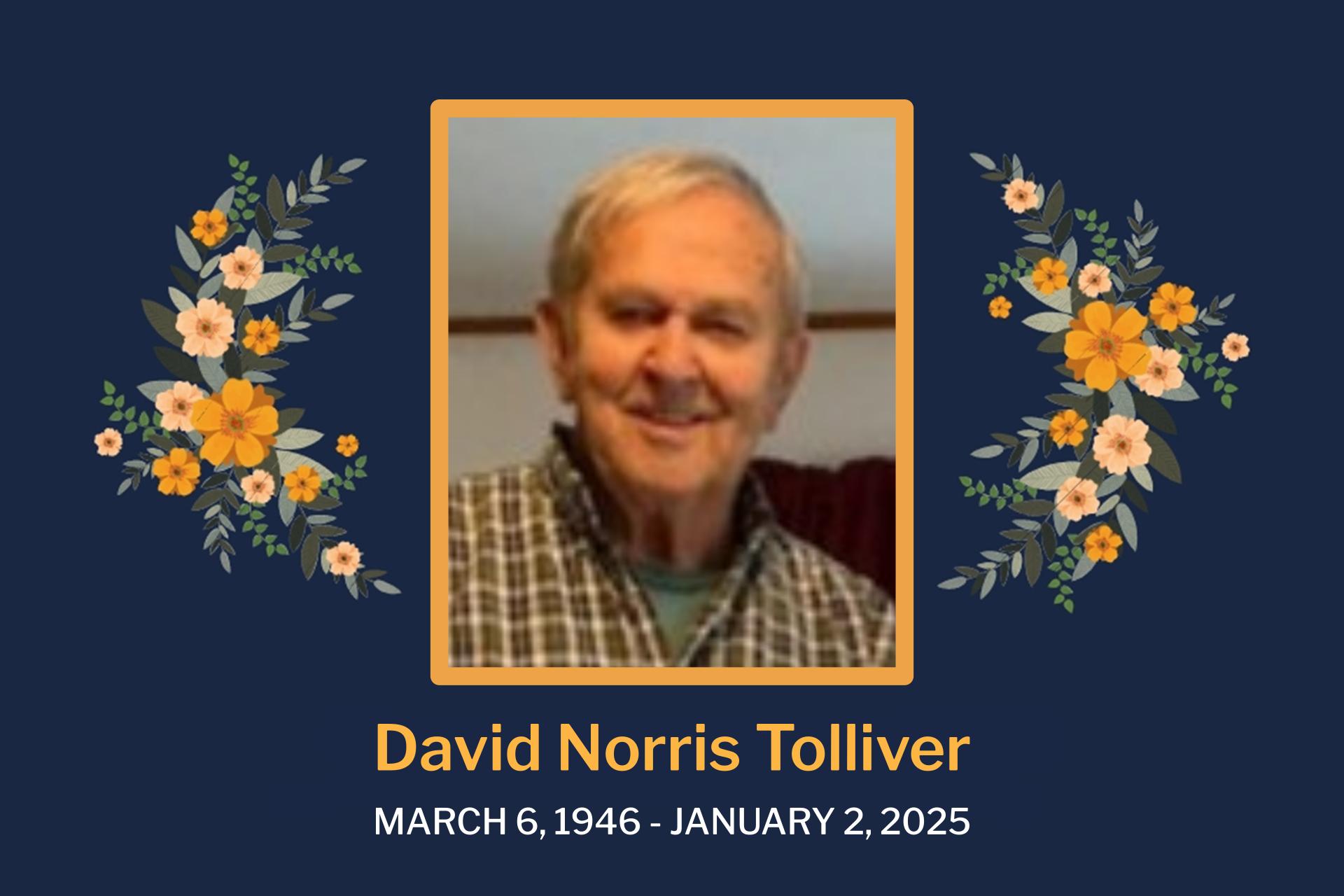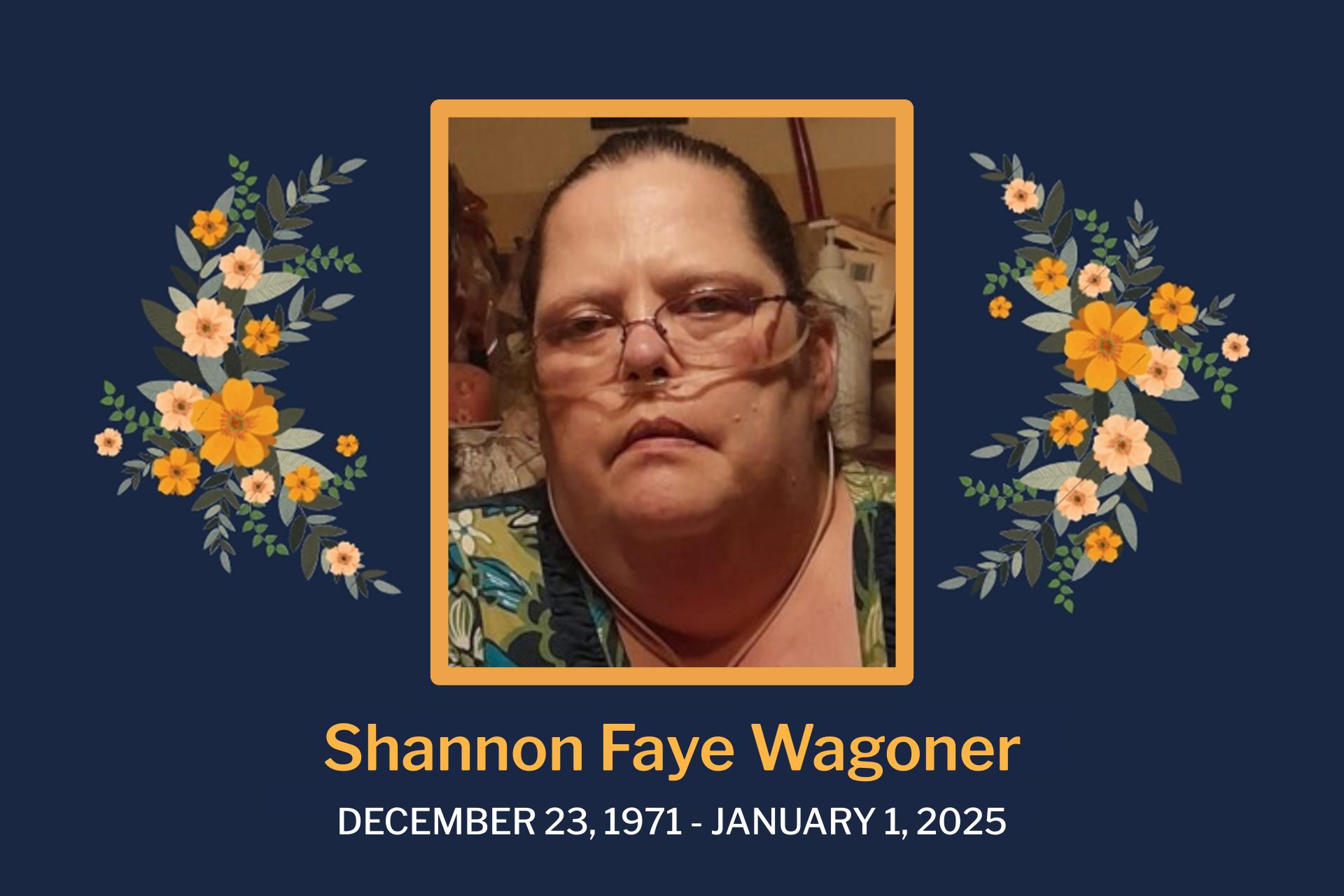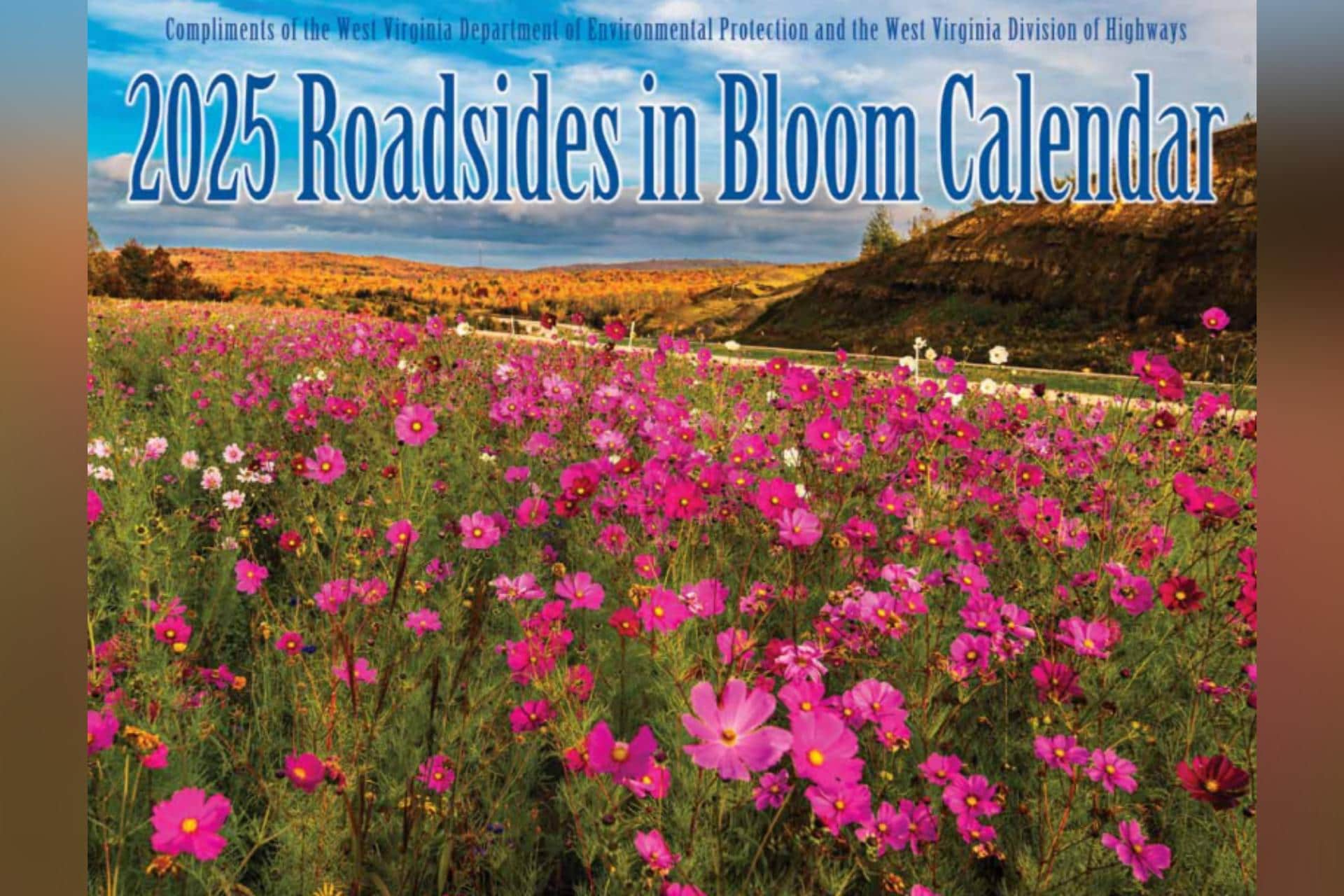The space economy is on track to be valued at a trillion dollars by the end of 2030, according to Piyush Mehta, assistant professor of mechanical and aerospace engineering at West Virginia University. Yet space assets–equipment that is placed in space such as navigation, weather and communication satellites that serve our society daily–are threatened by space debris.
According to NASA, it is estimated that millions of pieces of space debris orbit around Earth. A major portion of these debris objects as well as active satellites reside in the low Earth orbit region, at altitudes between 200 and 1000 km.
“In low Earth orbit, our ability to safeguard these space assets depends on modeling of the aerodynamic forces acting on the satellites, specifically satellite drag. The drag force acting on a satellite is affected by various physical parameters, however, the most crucial and uncertain are the drag coefficient and mass density,” Mehta said.
Mehta explained that because of the interconnectedness of the two parameters, one of them is held constant, typically the drag coefficient, while the other is investigated. However, Mehta said this causes inconsistencies or inaccuracies in our understanding of the mass density variability in the upper atmosphere or thermosphere.
Recently, Mehta earned the prestigious Faculty Early Career Development, or CAREER, Award from the National Science Foundation to alleviate this inconsistency and develop a state-of-the-art model of thermosphere mass density, which will strengthen researchers understanding, modeling and forecasting of the upper atmosphere variability.
“We will achieve this by not assuming the drag coefficient to be a constant but gaining statistical insights into the physical process that drives changes in drag coefficient, specifically the gas-surface interactions that describe the way energy and momentum are exchanged between the atmosphere and the satellite.” Mehta said. “The CAREER Award will alleviate this inconsistency through an innovative methodology that combines artificial intelligence and statistical estimation techniques. This is a very niche domain with only a handful of research groups around the world tackling the problem.”
Mehta leads a collaborative effort amongst some of these groups on satellite drag coefficient modeling under the International Space Weather Action Teams initiative.
Through this highly competitive award, Mehta will receive $640,655 in funding over five years to advance this research project, while also developing plans to strengthen the space science curriculum at WVU.
The Statler College of Engineering and Mineral Resources plans to develop a new graduate course, space weather and space systems, that will be offered yearly in the Department of Mechanical and Aerospace Engineering. Along with the new course, the College plans to expand outreach efforts through hands-on activities for K-12 schools across the state.
“Outreach efforts will establish learning modules and a hands-on build–a-satellite activity in collaboration with the West Virginia Science Public Outreach Team,” Mehta said. “Educational and outreach activities will serve to excite and train the next-generation workforce in space sciences and artificial intelligence.”
The NSF’s CAREER program supports junior faculty who exemplify the role of teacher-scholars through outstanding research, excellent education and the integration of education and research within the context of their mission organizations.
“Dr. Mehta’s cross-cutting research lies at the intersection of atmospheric sciences, space systems engineering and machine learning,” said Jason Gross, associate professor and interim chair of mechanical and aerospace engineering, and associate chair for research at the Statler College. “With the continued rapid increase of manmade satellites in low Earth orbit, his work toward improved orbital decay prediction becomes more important for the future of space environment sustainability with each passing day. His lab is at the forefront of this important field, and we are proud that he is on our faculty.”
















